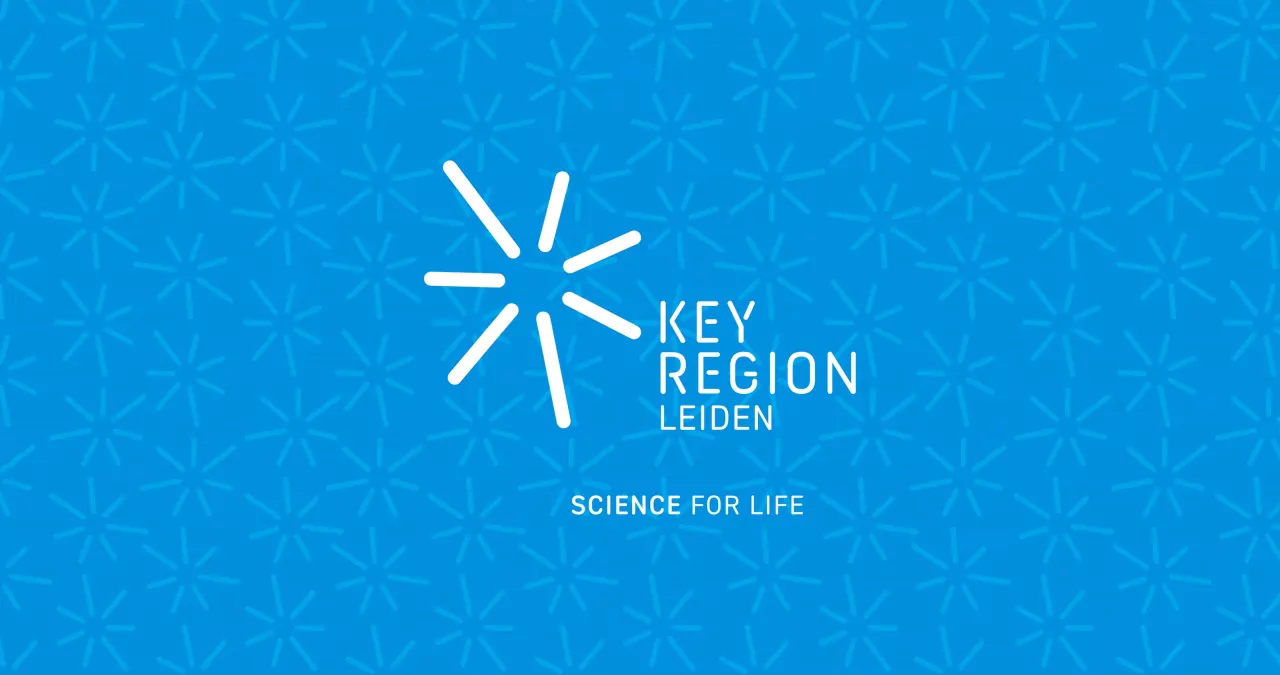Researchers at Leiden University Medical Center (LUMC), in collaboration with Erasmus MC and the Oncode Institute, have developed a novel vaccine targeting non-small cell lung cancer (NSCLC). This vaccine aims to expose cancer cells that have evaded the immune system, potentially enhancing the effectiveness of immunotherapy treatments.
In a preliminary clinical study involving 26 patients with advanced NSCLC, the vaccine demonstrated safety and elicited an immune response in over 80% of participants. The vaccine works by training immune cells to recognize a specific protein, TEIPP, present only on cancer cells that have become invisible to the immune system. By making these hidden cells detectable again, the immune system can more effectively target and destroy them.
While these initial results are promising, further research is needed to determine the vaccine’s impact on tumor reduction and patient survival. Future studies will explore optimal dosing schedules and the potential benefits of combining the vaccine with existing immunotherapies.
This approach highlights the collaborative efforts within the Leiden Bio Science Park to advance cancer treatment through innovative research.
Read more here: https://www.lumc.nl/actueel/2025/vaccin-tegen-longkanker/



